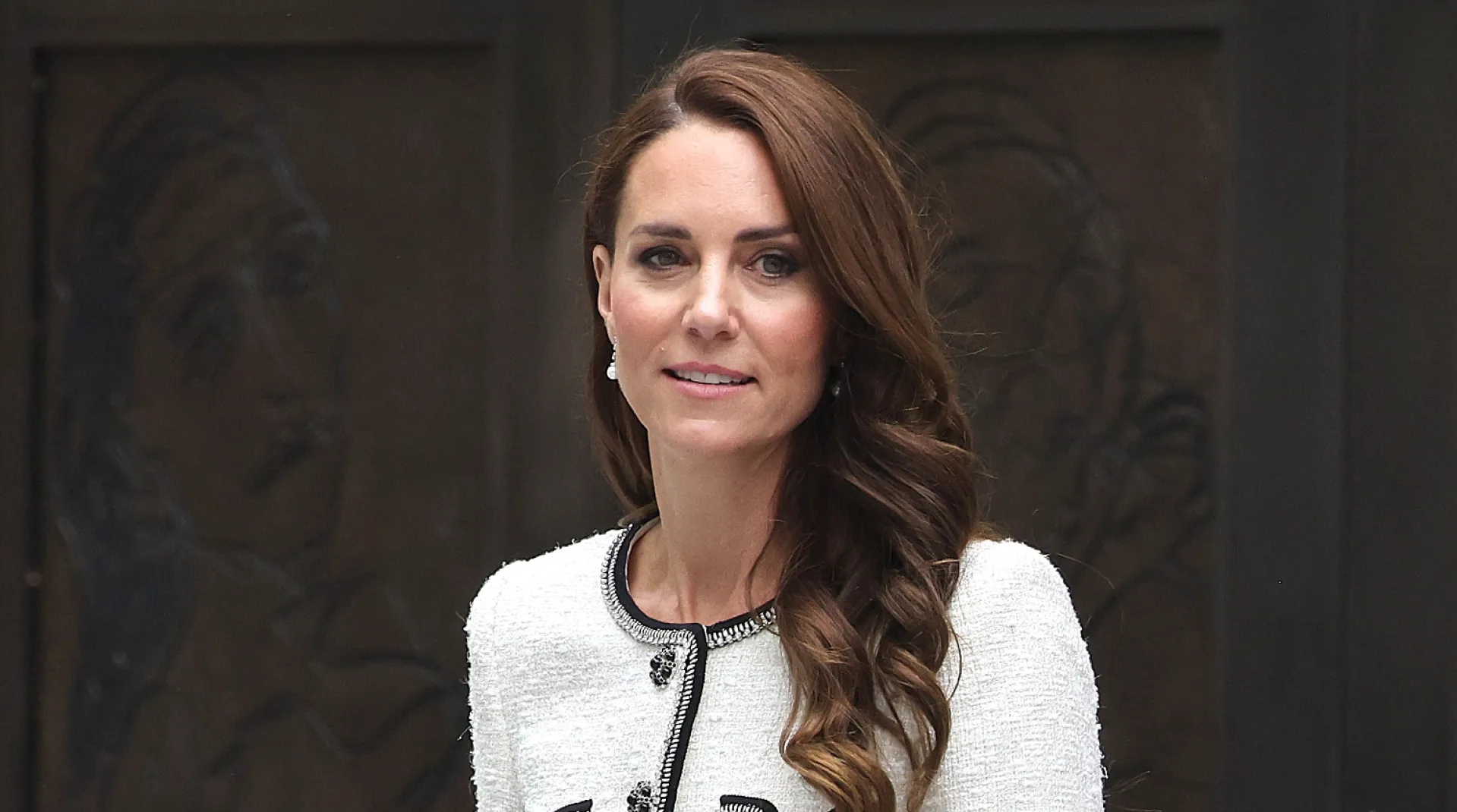Age Checks at the App Store? New Bill Targets Online Child Safety

A new federal bill known as the App Store Accountability Act is being introduced by Republican lawmakers Senator Mike Lee and Representative John James. The legislation seeks to require major app store platforms, such as those run by Apple and Google, to verify the age of every user during account registration and share that information — in the form of age brackets — with app developers. The effort follows a similar law passed earlier in Utah.
The proposed bill would affect platforms with over five million users and aims to categorize users as “young child,” “child,” “teenager,” or “adult.” Importantly, the law would mandate that parental consent be obtained before minors can download or make in-app purchases. According to Senator Lee, the intent is to shield children from harmful online environments that might include violent content, sexual material, or exposure to online predators.
This legislation has drawn strong support from some tech companies. Meta, Snap, and X have all backed the idea of app stores taking the lead on age verification, suggesting it would simplify compliance and improve safety across platforms. These companies argue that making app stores a central hub for age checks is both efficient and privacy-conscious. Parents, they say, want a single, secure process to approve app downloads for their children.
However, Apple and Google have raised concerns. Apple, which has long emphasized privacy as part of its brand, criticized the requirement to collect personal data from all users, not just those accessing child-targeted apps. The company warned that such an approach could backfire, compromising both privacy and user safety by requiring the collection of sensitive personal information — like facial scans or government IDs — from everyone.
Both Apple and Google already monitor app content to block objectionable material, such as pornography or extreme violence. Still, experts and parents remain most concerned about widely used apps like Instagram and Snapchat, which, despite recent efforts to boost youth protections, are still seen as risky for minors. Google emphasized the need for shared responsibility between app stores and developers to safeguard children while respecting user rights.
Legal and privacy experts have flagged potential constitutional issues with the legislation, particularly its resemblance to Utah’s law. The Chamber of Progress, a tech industry advocacy group, warned that such requirements might violate the First Amendment by forcing adults to submit personal data just to access protected online speech — regardless of their age or the apps they use.
Despite the backlash, lawmakers remain firm in their mission. Representative James stated that children cannot legally consent to being exposed to addictive or adult-oriented content, and therefore companies must be held accountable. The bill, he argued, aims to apply the same child-protection expectations to tech giants as those placed on physical stores in communities across the country.
What's Your Reaction?
















:format(webp)/cdn.vox-cdn.com/uploads/chorus_image/image/70136881/1347078605.0.jpg)





